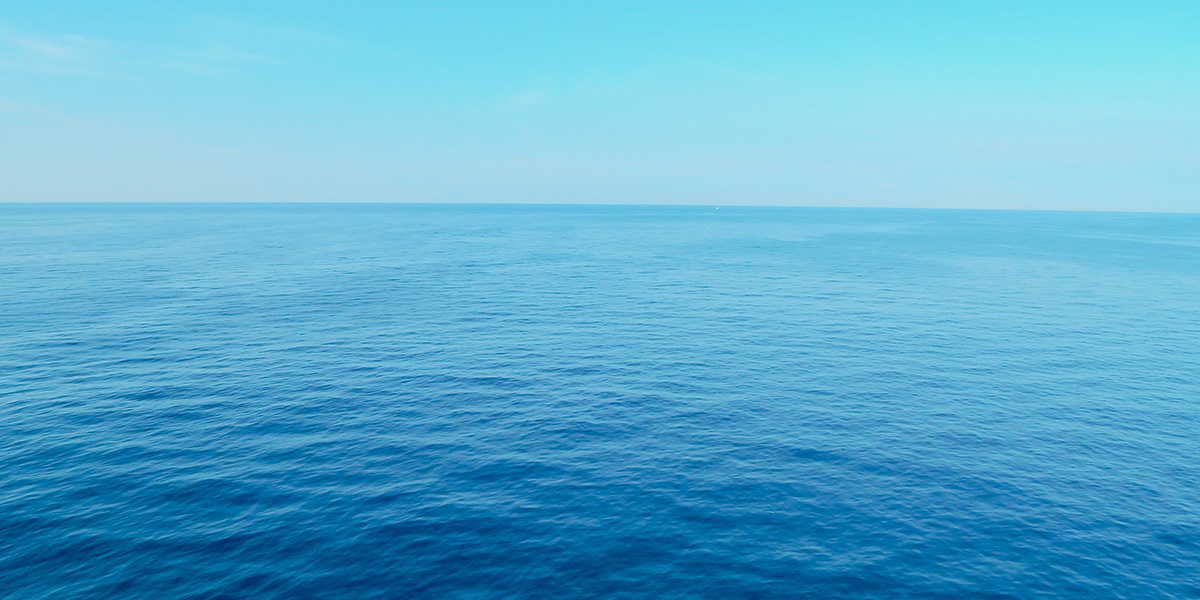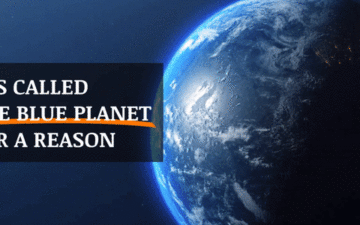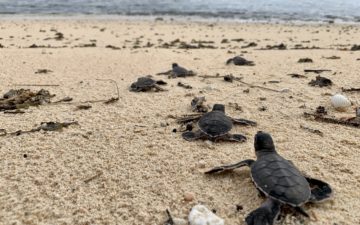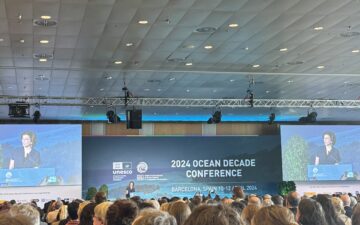Growing up in the suburbs of Baltimore, I never really spent too much time around great bodies of water. When it came to the ocean, my stance, like most of those around me, was out of sight, out of mind. Although I’d learned in school about how the ocean, which provides us with water and food, was in danger, the thought of sacrificing time and effort to save the ocean hardly seemed like my calling. Perhaps the task just felt too vast and foreign. Besides, what could little ol’ me do from my land-locked house in Baltimore suburbia?
Within my first few days interning at The Ocean Foundation, I began to realize how much I’d underestimated my role in the issues affecting the ocean. Attending the annual Capitol Hill Ocean Week (CHOW), I gained greater insight to the relationship between humans and the sea. Every panel discussion I saw featured doctors, scientists, policy-makers, and other experts, all coming together to raise awareness about marine conservation. Each speaker’s passion for marine issues and their drive to engage others to act drastically changed my perspective of how I relate to and can influence the ocean.
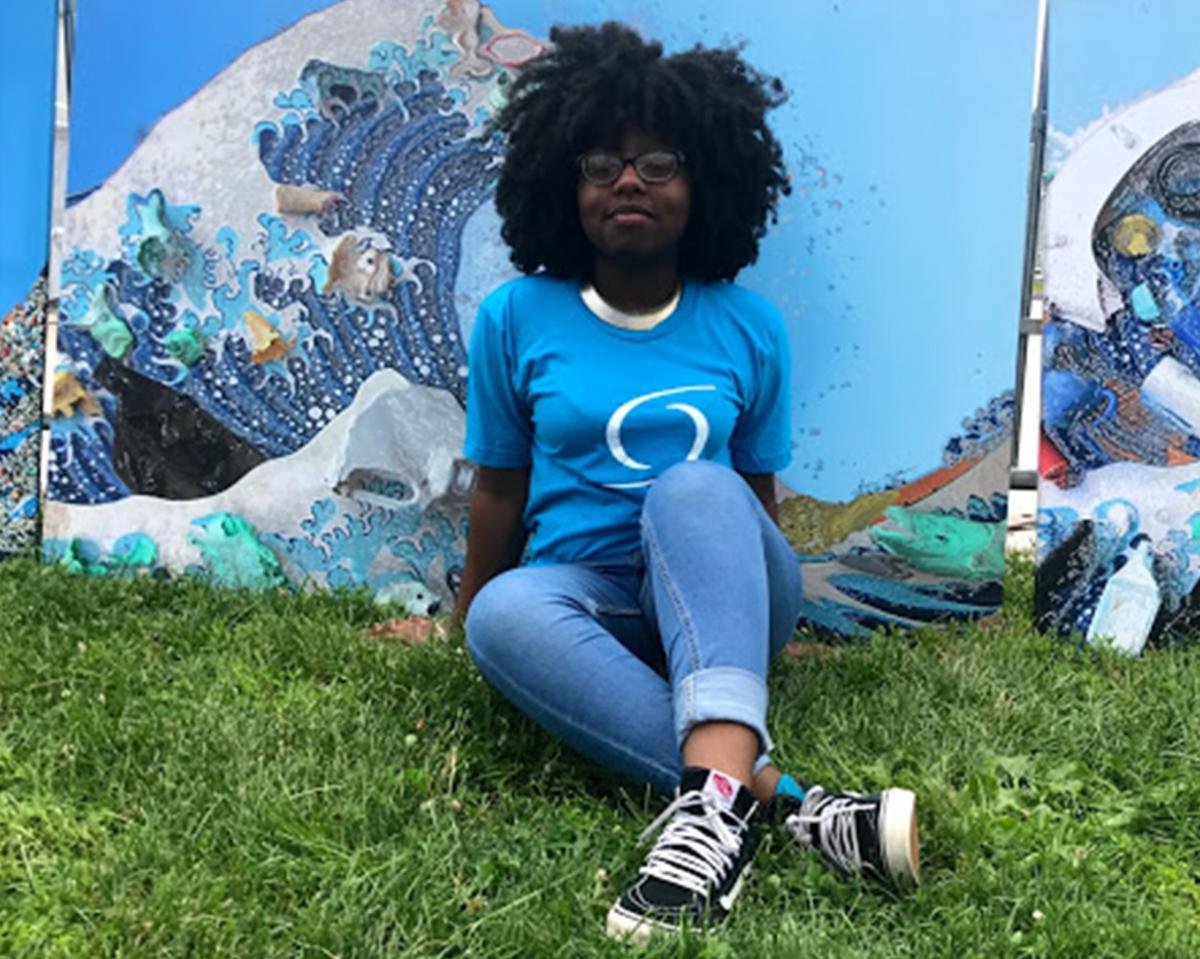
Attending the March For the Ocean on the National Mall
The Cultural Connections and the Environment panel was especially captivating to me. Moderated by Monica Barra (Anthropologist at The Water Institute of the Gulf), the panelists discussed the integration of social culture and environmental conservation efforts, as well as the symbiotic relationship between the Earth and humans. One of the panelists, Kathryn MacCormick (Pamunkey Indian Reservation Living Shorelines Project Coordinator) offered insights that strongly resonated with me. MacCormick described how closely connected indigenous people of the Pamunkey Indian tribe are to their land by using the case study of fish. According to MacCormick, when fish act as a sacred food source and part of a people’s customs, then that culture will disappear when the fish disappear. This clear bond between nature and one’s culture reminded me instantly of life back in Cameroon. In my home village of Oshie, Cameroon, ‘tornin planti’ is our primary cultural meal. Made out of plantains and exquisite spices, tornin planti is a staple at all big family and community events. As I listened to the CHOW panel, I couldn’t help but wonder: what would happen if my community could no longer grow plantains due to constant acid rain or runoff pesticides? That big staple of Oshie’s culture would suddenly disappear. Weddings, funerals, baby showers, graduations, the announcement of a new chief would become void of those meaningful traditions. I feel like I finally understand that cultural preservation means environmental conservation.
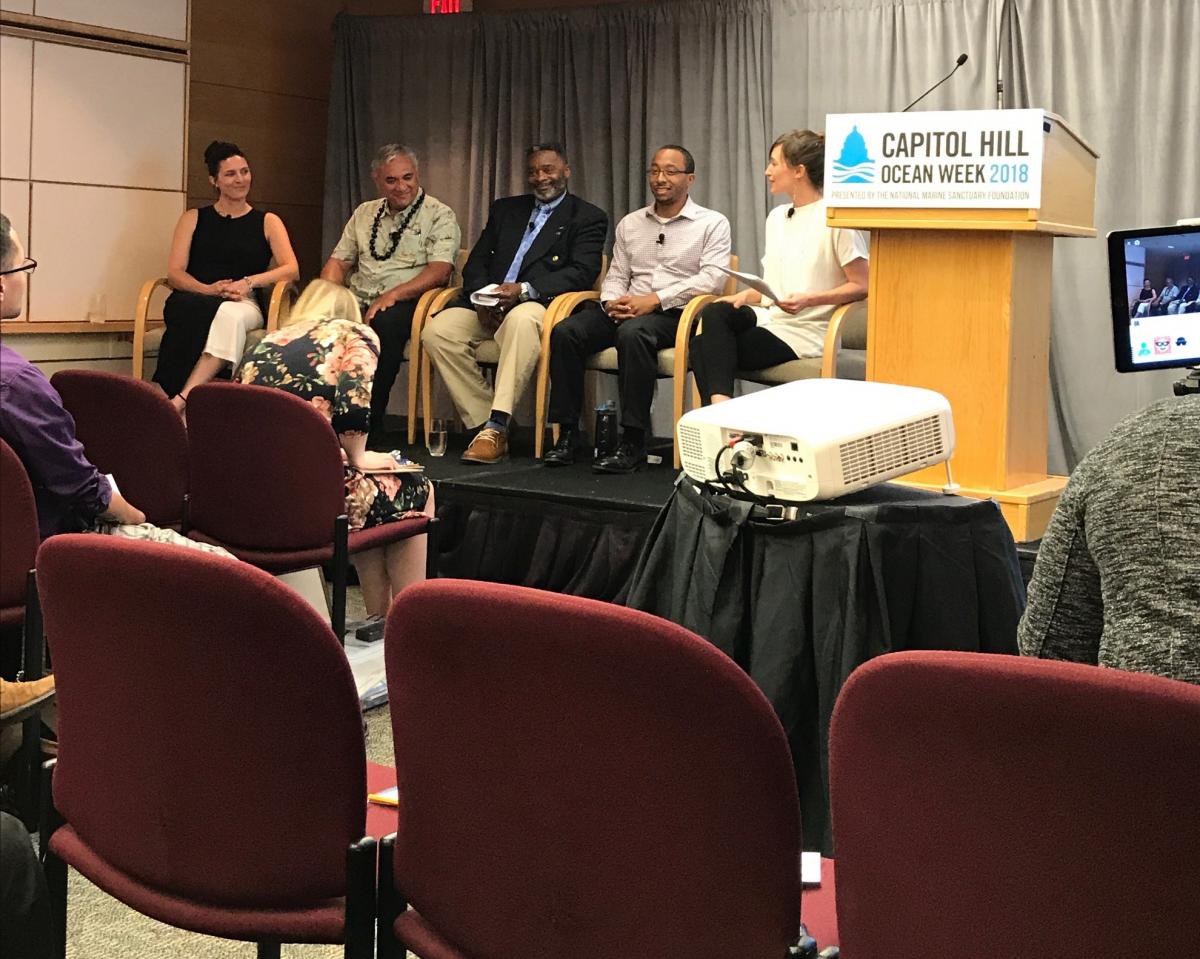
Cultural Connections and the Environment Panel at CHOW 2018
As an aspiring humanitarian, my drive has always been to one day make purposeful and long-lasting change in the world. After sitting in on the Cultural Connections and the Environment panel, I reflected on whether the kind of change I strive to make, and the approach I’m employing, can be considered truly inclusive. Panelist Les Burke, J.D., (Founder of Junior Scientists in the Sea) strongly emphasized the importance of community outreach for lasting success. Based in Baltimore near where I grew up, Junior Scientists in the Sea enables people from different socioeconomic backgrounds to explore the underwater world while gaining experience in science, technology, engineering and math (STEM). Dr. Burke attributed the success of this organization to the unique grassroots involvement on which it was founded. From high crime rates to widespread socioeconomic disparity, it’s no secret that Baltimore does not bear the greatest reputation—that much I know. Still, Dr. Burke made a conscious effort to actually listen to the wants and needs of the kids so as to better understand the day-to-day realities of youth growing up in this community. By establishing a genuine dialogue and trust with the Baltimore community, Junior Scientists in the Sea was able to more effectively engage kids through scuba diving and teach them not only about ocean life, but also valuable life skills like outreach, budgeting, and the power of expression via art. If I am to create meaningful change, I must be mindful to not employ a uniform approach, for every community harbors a unique history, culture, and potential.
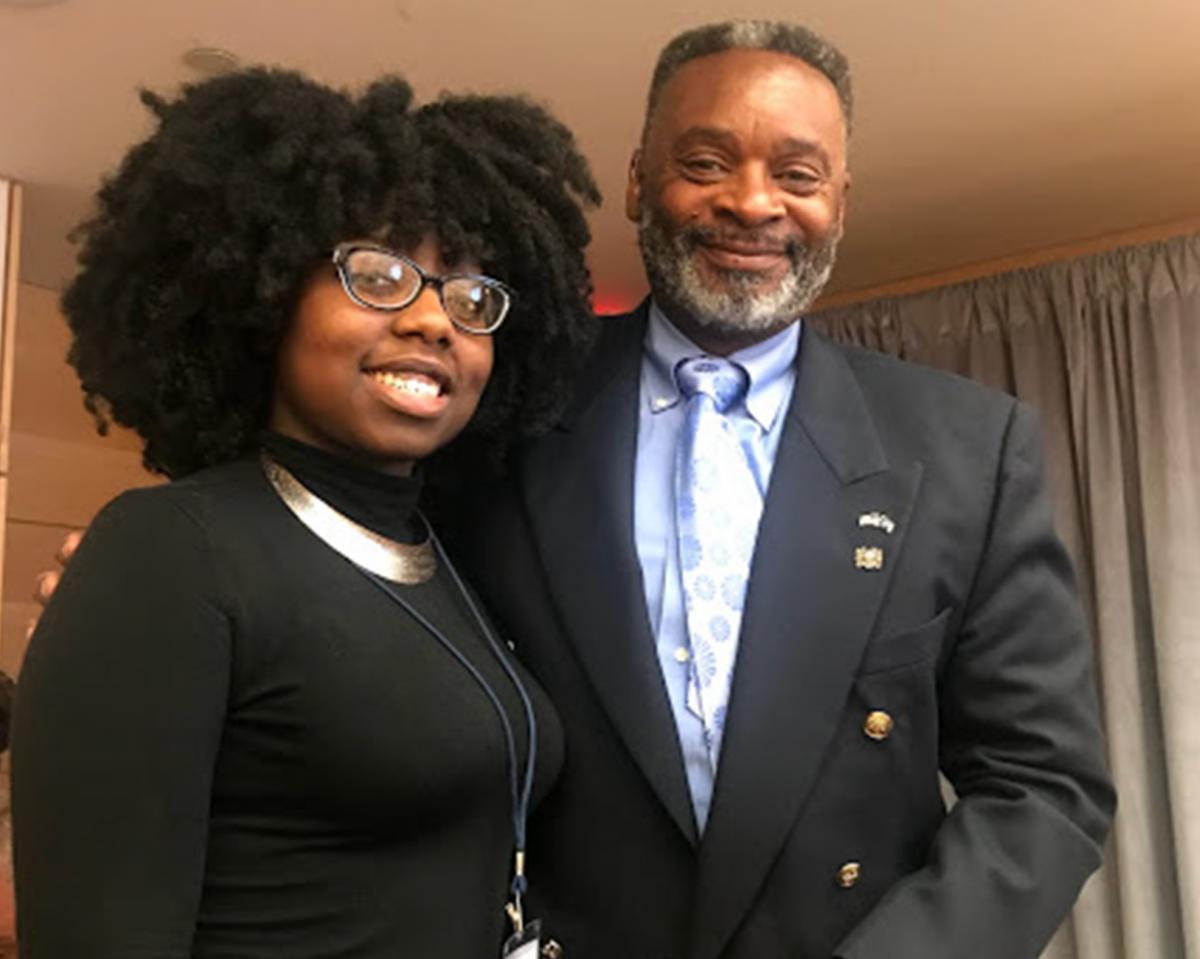
Panelist Les Burke, J.D. and I after the discussion
Every person in this world has a different perspective based on where they come from. After attending my first CHOW, I walked away not only with a greater awareness of my role in marine issues, such as ocean acidification, blue carbon, and coral reef bleaching, but also with a deeper understanding of the power of a diverse community and grassroots outreach. Whether your audience is traditional or contemporary, old or young, finding a common ground on which to engage people is the most effective way to inspire real change. Once a young girl in the dark about her potential to change the world, I now feel empowered that yes, little ol’ me can shorely make a difference.
